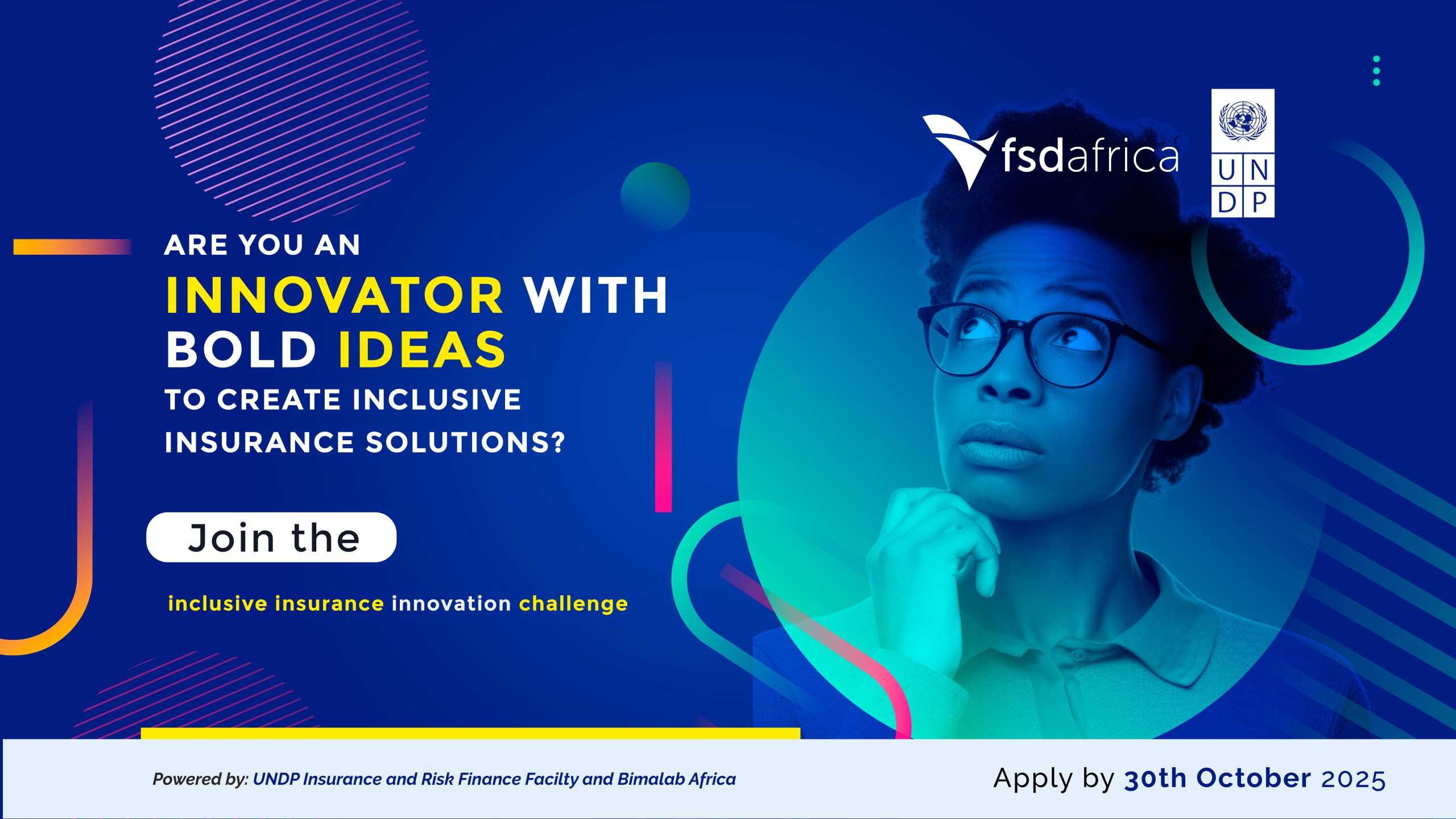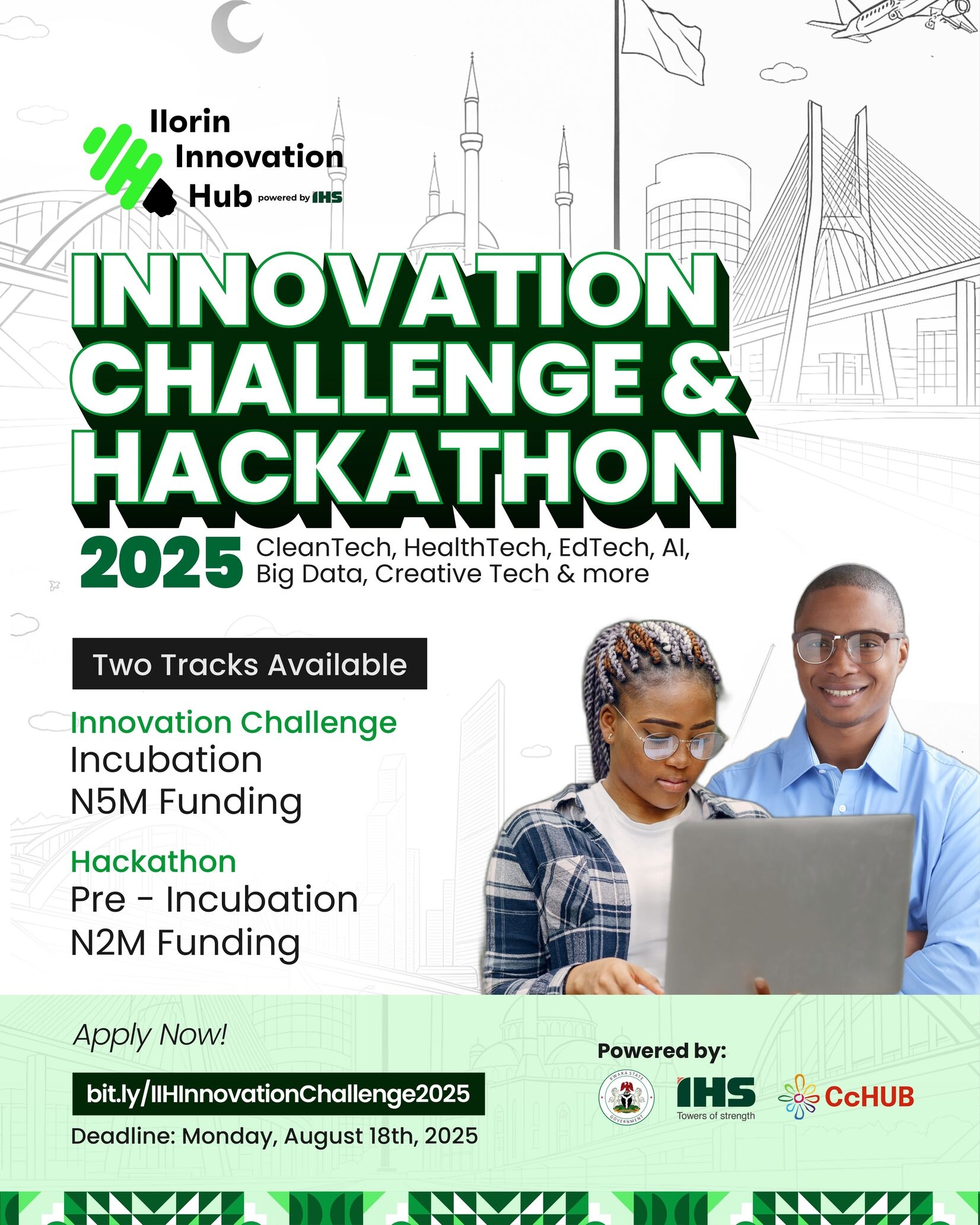
2021 USAID/Nigeria COVID-19 Food Security Challenge
Deadline: May 9, 2021.
Nigeria is facing a food security crisis that is compounded by the COVID-19 global pandemic and its effects on the food value chain in the country. The pandemic has significantly disrupted already fragile value chains across the country, including people’s ability to produce, process, and distribute food. The disruption to agricultural productivity and markets has a knock-on negative impact on livelihoods, especially among the most vulnerable households.
As part of the Feed the Future initiative, USAID/Nigeria is seeking to partner with youth-led companies (up to age 29) and mid-stage companies (with an existing customer base of more than 1,000 people) that are already working in food production, processing, and/or distribution. USAID is requesting that these partners help farmers and other stakeholders in the food value chain increase agricultural productivity and food security within the next year to mitigate the effect of COVID-19 on Nigeria’s food value chain. These partners may be new to USAID or existing partners that have a novel approach to address this crisis.
The Challenge aims to:
- Increase food and agriculture system productivity and enhance efficient production along the value chains in order to unlock agricultural production that has been limited by COVID-19’s impact on food production, processing, and distribution in Nigeria.
- Increase income for Base of the Pyramid (BoP) women and men in both rural and urban areas.
- Provide youth-led and mid-stage companies the technical assistance and capital they need to sustainably scale solutions to meet the requirements of the Challenge.
- Promote climate and environmental resilience as well as biodiversity through the sustainable, holistic management of natural resources and ecosystems.
- Develop and promote innovative and local food-based models, including the local production, processing, and marketing of highly nutritious foods to prevent and/or treat wasting/acute malnutrition.
- Promote socially responsible marketing/advertising to increase demand for safe, nutritious foods and other nutrition-related commodities and services.
ELIGIBILITY
Applicants must meet the following requirements to participate in the COVID-19 Food Security Challenge Request for Applications. All applications will undergo an initial eligibility screening to ensure they comply with the eligibility criteria.
- Organization Type: This Challenge is only open to registered for-profit companies who have a local presence in Nigeria (see more details on local presence below). We encourage applications from micro, small, and medium enterprises that have not previously worked with USAID.
- Size: The Challenge is open to all relevant companies regardless of size.
- Local Presence: All applicants must be registered and authorized by the national government in Nigeria or have at least one registered Nigerian local partner. This local partner could be a commercial partner, joint venture partner, or candidate for a merger or acquisition. If working with a registered Nigerian partner, the local partner should have a tangible stake in the innovation and its development rather than, for example, a local merchandiser who stocks the product.
- Company Maturity: All applicants must have a sustainable and financially viable business model for their innovation in the Nigerian food security value chain. The eligibility requirements for mid-stage and youth-led applicants are as follows:
- Mid-stage applicants must have existing services or products in the Nigerian food security value chain with a minimum of 1,000 existing customers.
- Youth-led applicants must have a founder under the age of 29 at the time of submission, must have a pre-revenue or post-revenue business model innovation in the Nigerian food security value chain, and must have a working prototype or minimum viable product along with a demonstrated BoP market segment being targeted.
- Leveraged funds: All mid-stage applicants are required to have 50 percent leveraged funds. The external funds may pay for activities that further the growth, development, or commercialization of the innovator’s technology. The final amount of leveraged funds will be determined on a case-by-case basis for each applicant. Mid-stage awardees will be required to provide evidence of the commitment of the leveraged funds at the time of award. There are no leverage funds requirements for youth-led applicants, but youth-led applicants are encouraged to demonstrate leveraged funds when possible.
- Eligible to receive USAID funds: All Apparently Successful Applicants will undergo a responsibility determination prior to award to ensure that they have the technical and organizational capacity to manage a USAID-funded award. Apparently Successful Applicants must have a DUNS number and be registered in the System for Award Management (SAM). See Appendix 4 in the Request for Applications for additional information.
- Impact: Applications must demonstrate a direct, tangible linkage between their COVID-19 response and food value chains. Applications must also demonstrate a direct or indirect benefit to the BoP in Nigeria.
- Language: Applications must be written in English.
- Completeness and timeliness: Applicants will not be assessed if all required fields have not been completed. This applies to any stage of submission and relates to missing documentation that may have been requested. Late entries may not be accepted.
- Currency: All references to a currency in the Challenge should be in United States Dollars (USD). Please use the exchange rate of 1USD = 409 naira.
- Agricultural Commodities: Applicants are NOT permitted to use Challenge funding to purchase agricultural commodities as defined in ADS 312.3.3.1.
BENEFITS
- The Challenge anticipates making $1.25 million available for 15-25 awards of $25,000 to $75,000 in funding and technical assistance for commercially viable, youth-led (up to age 29) companies to improve food production and/or food security.
- The Challenge also anticipates making $1.75 million available for 10-15 awards of $75,000 to $150,000 in funding and technical assistance for mid-stage enterprises (with an existing customer base of more than 1,000 people) that can rapidly expand their activities to improve food production and/or food security.



